If today is a typical day on planet Earth, the human population will increase by 250,000. 116 square miles of rainforest will be lost (about an acre per second) and we will lose another 72 square miles to encroaching deserts as a result of human mismanagement and overpopulation. We will also add 2,700 tons of chlorofluorocarbons to the atmosphere and 15 million tonnes of carbon, making the Earth hotter, its waters more acidic and the fabric of life more threadbare.
So what are you going to do about it? PQ speaks to Gav Lawson, co-founder and CEO of THTC clothing, on activism, art and why he’s spreading the word (on organic materials).
Gav was introduced to the uses of hemp, in its various forms, by his brother Drew, who studied Environmental Politics and introduced Hempology at Hull. Since then Gav has helped promote hemp as an industrial crop — a clean and sustainable textile, paper, plastic, fuel source, building material and medicine with hundreds of thousands of uses, which can be grown practically anywhere without pesticides.
‘When I learnt the facts, I naturally assumed it was a no-brainer that governments and industry would embrace this wonder plant to help combat environmental destruction,’ Gav tells PQ. ‘Oh how naïve we were!’
‘We, as a people, can change anything we like by choosing to support or ignore whichever brands we like. I feel that it’s better to buy fewer products of higher quality that are built to last, and boycott the hell out of brands that are detrimental to the survival of the planet and the people.
‘I’d also advise watching some of the many life changing documentaries that can be found on YouTube or elsewhere online ‒ and less reality TV. Choose your heroes based on what they have done, not just because they are famous!’
Gav Lawson, co-founder and CEO, THTC
When THTC launched in 1999, ethical and organic clothing wasn’t in high demand. ‘We set about creating our own following, for people who didn’t want to sacrifice style for eco and ethical values’, Gav explains.
The T-shirt designs carry strong political and environmental messages, which are often satirical and hard-hitting. The label works with hundreds of actors, musicians, activists, poets and designers to help get its messages out there. ‘We try to reach people who otherwise probably wouldn’t be especially interested in fair trade or organics, to try and convert them into eco warriors’, he says.
Most of THTC’s clothing consists of hemp mixed with organic cotton or 100% organic cotton, though its current range features 60% recycled cotton and 40% recycled bottles. You can save over 2,000 litres of fresh water by using 55% hemp in a T-shirt, compared with a T-shirt that uses 100% conventionally grown cotton. ‘By buying a THTC T-shirt you have made your first step into eco activism’, Gav says, ’whether you know it or not. We try and create ‘armchair activists,’ empowering people to make little steps towards a greener life.’
Gav also experimented with bamboo but found that, while it’s great for furniture and building materials, it’s ‘not the great eco fabric’ many believe and doesn’t hit the spot as a viscose fabric. ‘What I think we should be doing is using a lot more hemp and a lot more Recycled PET (plastic bottles),’ Gav explains, ‘as well as upcycling our clothes and repairing worn out garments.’
All THTC’s non-hemp garments are sourced from factories in India, Portugal and Turkey, which are fully certified by The Carbon Trust, The Fair Wear Foundation and The Soil Association. While the price of cotton varies wildly according to quality, organic cotton is generally more expensive than the non-organic version which often contains harmful chemicals that destroy farmland and have been linked to cancer. While sourcing organic cotton in Europe is pretty straightforward, finding hemp is a bit more difficult. It’s mainly produced as a textile in China which, unlike other countries, refused to buckle to America’s 1937 Marijuana Tax Act and has a long and illustrious history of hemp production. Romania and Hungary also produce hemp for textile production, but the quality and capacity is nowhere near that of China.
THTC’s hemp is provided by its agent of 14 years in China, whom Gav describes as ‘a very honest man with great integrity.’ Gav’s brother travelled to China to visit the factories and check on working conditions. All the workers are paid well over the national average wage; they are aged 19-65 and work a maximum of nine hours a day, six days a week – with no forced overtime. ‘Generally you’ll find that factories that are manufacturing hemp and other organic fabrics are run by decent people’, Gav says, ‘who are trying to do right by the environment and their employees.’
 Play Video about This Rock Might Just Save The World
Play Video about This Rock Might Just Save The World Play Video about Play 2 hours of rock
Play Video about Play 2 hours of rock Play Video about Play 2 hours of brook
Play Video about Play 2 hours of brook Play Video about Play 2 hours of sheep
Play Video about Play 2 hours of sheep
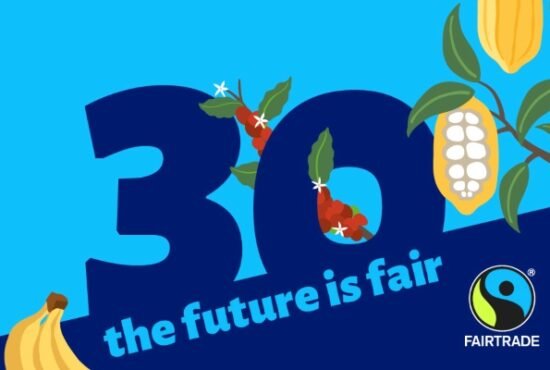
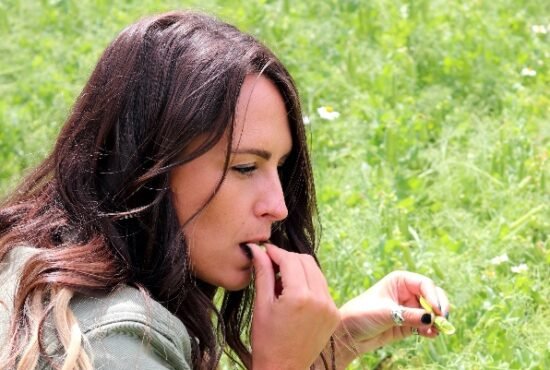
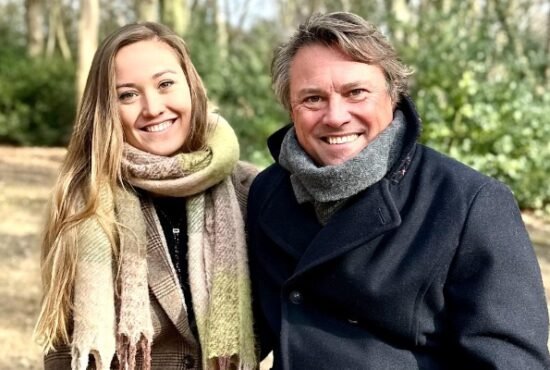






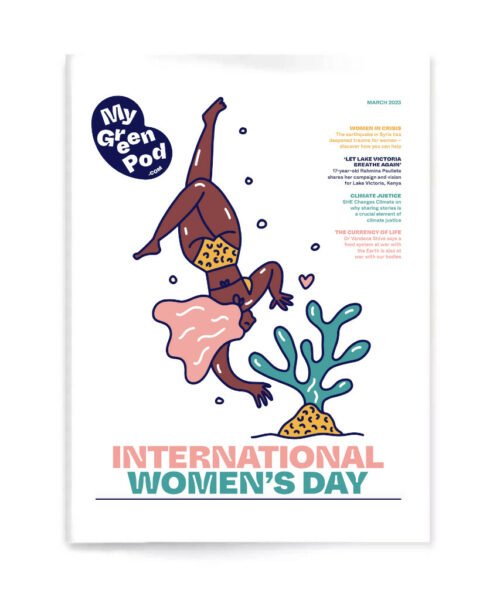
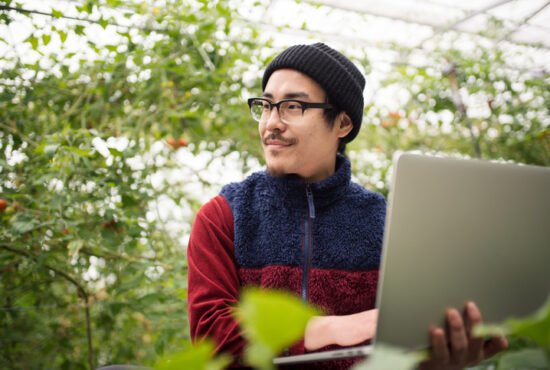
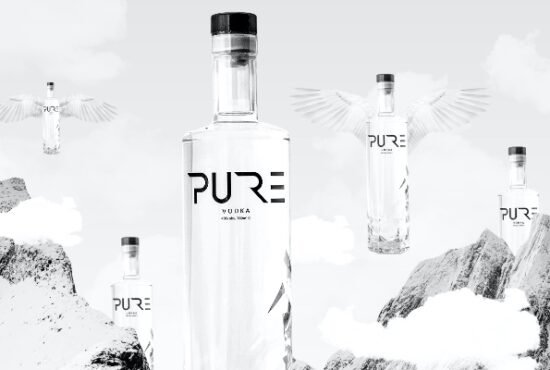
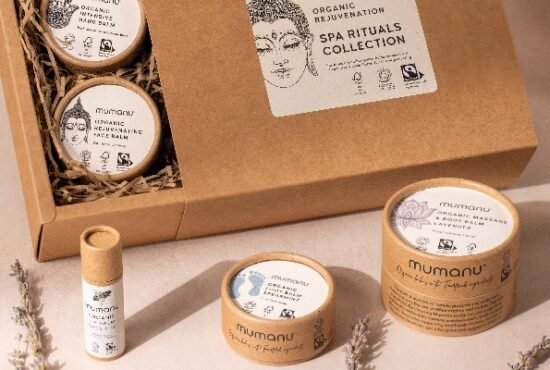
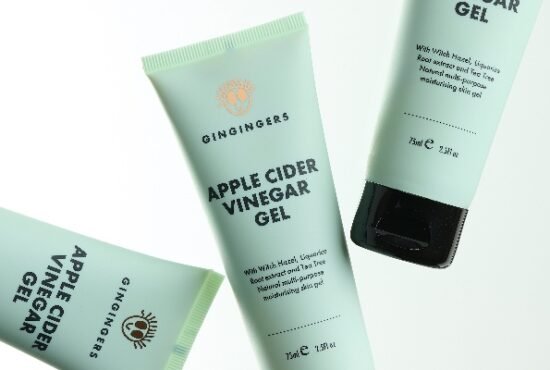
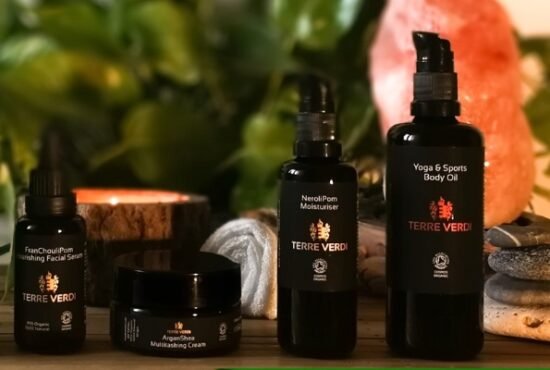


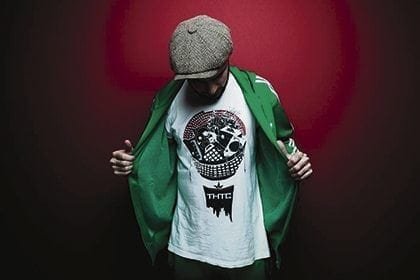














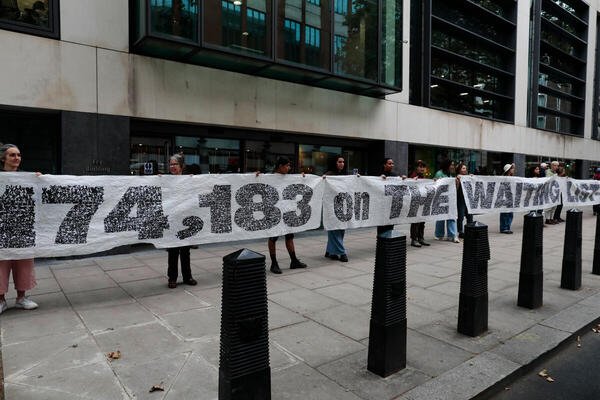
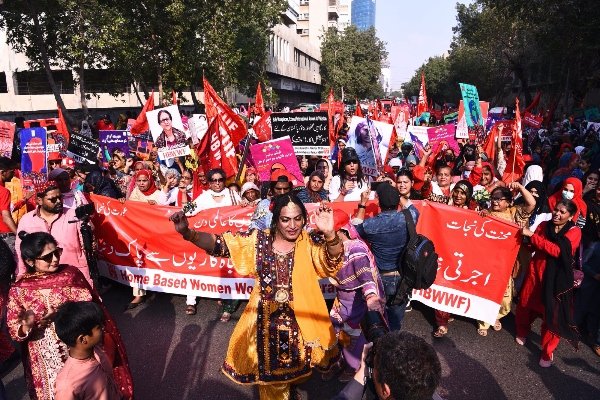
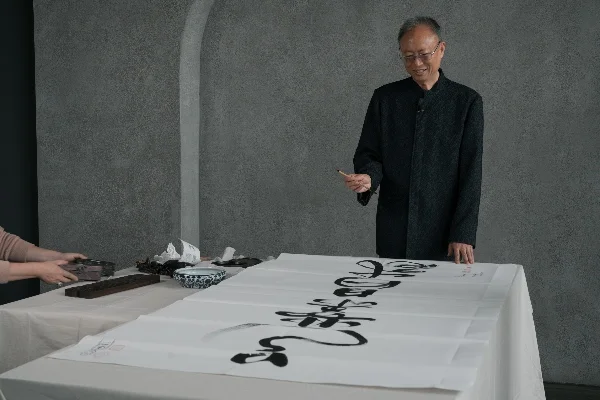
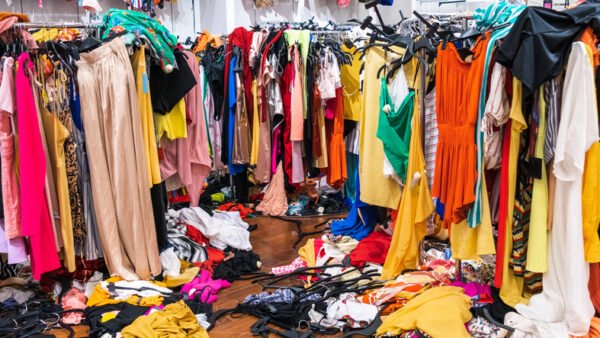

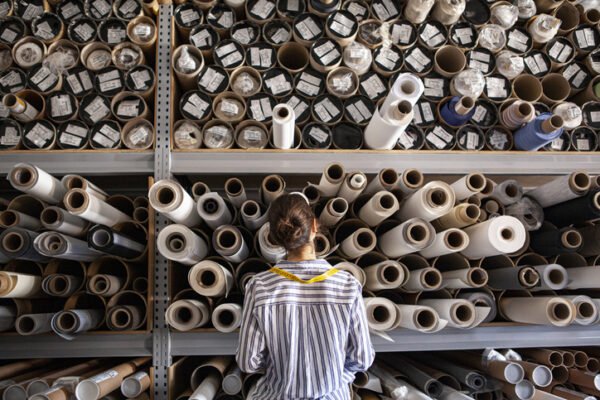
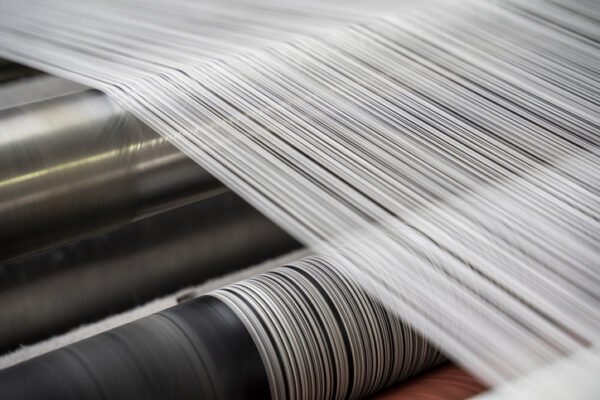
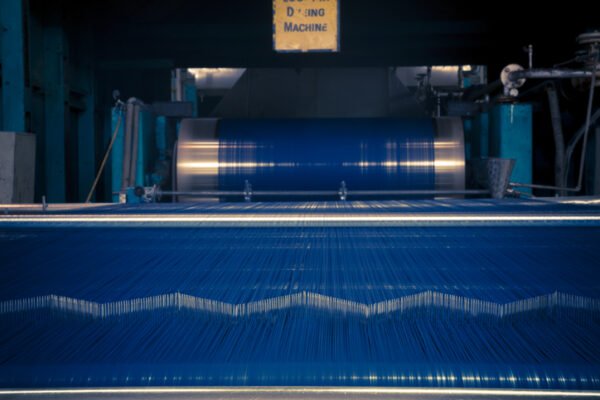
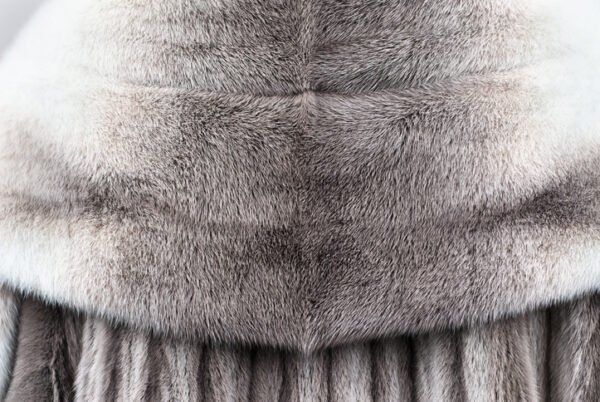



What a great article,really inspiring.